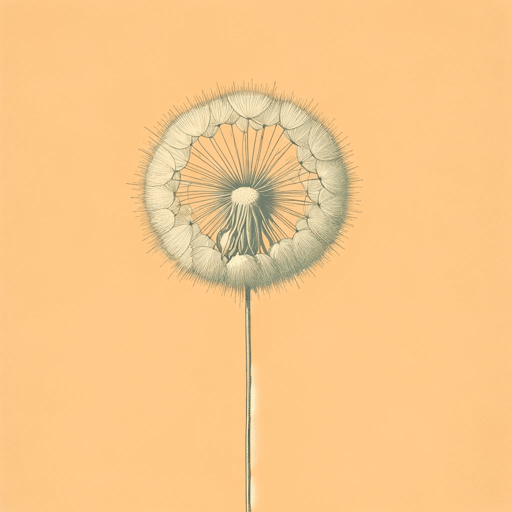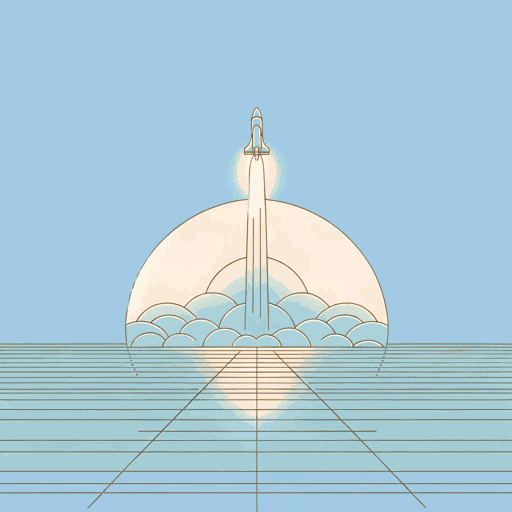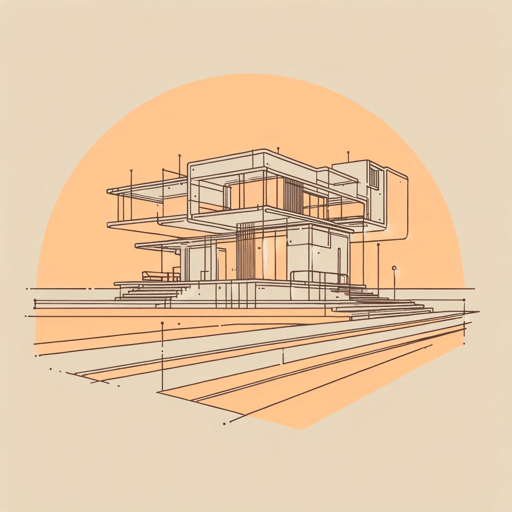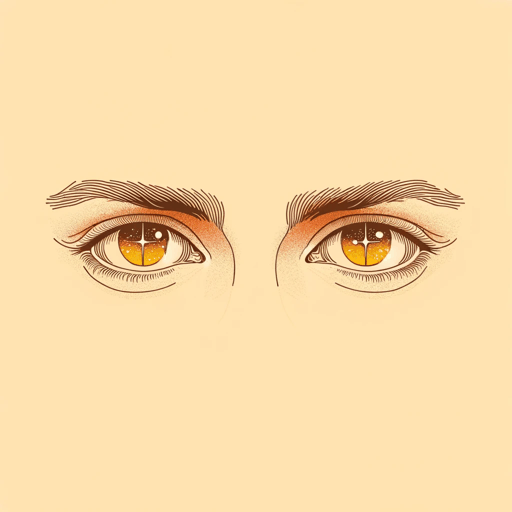28 pages • 56 minutes read
Ray BradburyDark They Were, and Golden Eyed
Fiction | Short Story | Adult | Published in 1949A modern alternative to SparkNotes and CliffsNotes, SuperSummary offers high-quality Study Guides with detailed chapter summaries and analysis of major themes, characters, and more.
Summary and Study Guide
Summary: “Dark They Were, and Golden-Eyed”
“Dark They Were, and Golden-Eyed” is a short story by speculative fiction writer Ray Bradbury that was first published in 1949. Originally titled “The Naming of Names” (though distinct from his later story of the same name), it explores how people and names change when taken far from the places they are from. While not a part of his Martian Chronicles (1950), a collection of stories about Earth settlers on Mars, it has many of the same interests, also imagining a colony of settlers from Earth on Mars. The story explores the connection between names and land, colonization’s effects on the colonizers, and the inevitability of change on both personal and humanity-wide scales.
This guide refers to the version in the collection The Illustrated Man, The October Country, Other Stories published by the Library of America in 2022 and edited by Jonathan R. Eller.
Harry Bittering, his wife Cora, and their three children (Dan, Laura, and David) arrive on Mars by rocket. They are joining an American colony escaping the threat of nuclear war on Earth. As they exit the rocket, Harry is immediately taken aback by the strange, dusty atmosphere and hot climate, and he tells his wife they need to go back to Earth. She replies that they have come too far to go back, and the family continues with their new life.
The Bitterings build a small white cottage within the village of other settlers. Near the village are the remains of an ancient city, but the ruins are long abandoned and there is no evidence of what happened to the Martians who built them. As the Bitterings go about their daily lives, Harry remains unnerved by the landscape’s strangeness. He reflects that the settlers should have kept the Martian names for the local rivers and mountains, rather than giving them names from Earth. He finds himself thinking of the Martian names for things.
One day a transmission arrives announcing that New York has been hit by an atomic bomb, so there will be no more rockets to Mars and no possibility of returning to Earth. Harry is devastated by this news but does not reveal his feelings to his family, telling them instead that they will keep working and wait for the rockets to resume.
Soon Harry notices changes to the plants in his garden; while grown from Earth seeds, the vegetables and flowers are subtly different in color and shape. Frightened by this, Harry resolves to stop eating anything other than the Earth-grown food stored in their freezer. He also notices changes in his family. Their skin has gotten darker in the sun, and their eyes have a yellow hue. Increasingly unnerved, Harry decides to build a rocket so that he and his family can return to Earth. When he asks the other men in the village to help him, they all refuse, laughing at his urgency. They also seem unconcerned by the many changes that continue to bother Harry. He asks them how long their eyes have been gold; one says he thinks they have always been that color and tells him to look at his own eyes. In a mirror, Harry sees that his eyes have golden flecks appearing in them.
Harry begins work on the rocket in the metal shop of a villager named Sam, who lets him use his blueprints and tools but does not help him. Harry grows thin as the supply of frozen food dwindles. One day, Cora tells him that all the food from the freezer is gone, and he consents to eating Martian food. Cora then asks Harry to take the afternoon off to go on a hike with her and the children, who want to swim in the canals. Harry agrees and joins them swimming. His eldest son, Dan, asks if he can change his name to “Linnl,” a Martian name, saying that “Dan” does not feel like his name anymore. Harry and Cora hesitate but agree to let him use the new name.
As summer approaches the villagers make plans to move for the season to Martian-built villas, which are cooler and have swimming pools. The Bitterings decide to go too, Sam convincing Harry to leave his work on the rocket for the autumn. The family leaves behind most of their possessions from Earth; the children have now all taken Martian names. At the end of summer, Harry and Cora look from their villa back on the village and contemplate returning, speaking partially in Martian. They see their small white cottage and jokingly comment on how silly the Earth people and their houses were. They decide to stay in the villa, suggesting they might go back in a year or two.
Five years later, military personnel arrive on Mars from Earth. The war has ended and there are plans underway to continue colonization of Mars. They find the village deserted, though a lieutenant tells his captain that they have had some interactions with “natives” in the surrounding area. He describes them as having dark skin and yellow eyes and speaking good English, though they say they don’t know what happened to the American colony. The captain guesses that the villagers must have died of a plague and resolves to build a new colony, planning to rename all the surrounding area after American people and places. The story ends with the lieutenant gazing into the distance, distracted from his captain’s speech by the water and misty hills in the distance.
Related Titles
By Ray Bradbury

A Graveyard for Lunatics
Ray Bradbury

All Summer In A Day
Ray Bradbury

A Sound Of Thunder
Ray Bradbury

Dandelion Wine
Ray Bradbury

Death is a Lonely Business
Ray Bradbury

Fahrenheit 451
Ray Bradbury

Marionettes, Inc.
Ray Bradbury

Selected from Dark They Were, and Golden-Eyed
Ray Bradbury

Something Wicked This Way Comes
Ray Bradbury

The Illustrated Man
Ray Bradbury

The Martian Chronicles
Ray Bradbury

The Other Foot
Ray Bradbury

The Pedestrian: A Fantasy in One Act
Ray Bradbury

There Will Come Soft Rains
Ray Bradbury

The Toynbee Convector
Ray Bradbury

The Veldt
Ray Bradbury

Zero Hour
Ray Bradbury

